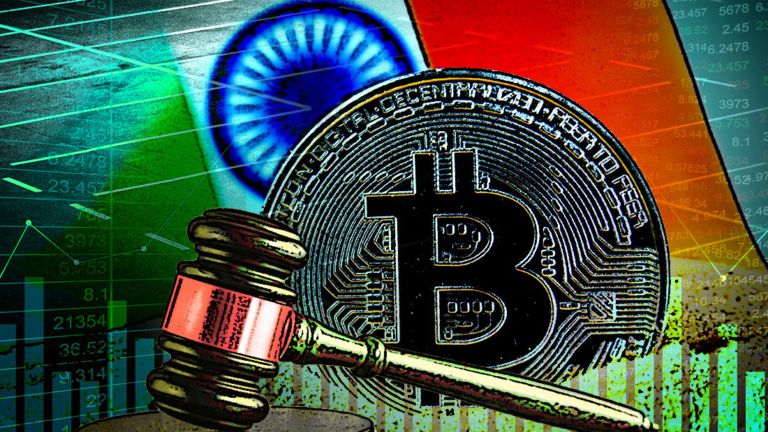 India’s crypto trading volume plunges as new tax rules take effect
India’s crypto trading volume plunges as new tax rules take effect India’s crypto trading volume plunges as new tax rules take effect
Crypto trading volumes soared on March 31 as crypto holders scrambled to close any open positions before the new tax regime took effect on April 1.

Cover art/illustration via CryptoSlate. Image includes combined content which may include AI-generated content.
Crypto trading volume at India-based exchanges fell to its lowest levels in recent years after the country’s new crypto tax rules came into effect on April 1, according to data from crypto research firm Crebaco.
WazirX was the most affected exchange, with its U.S. dollar trading volume slumping 72% in less than two weeks. ZebPay came next, with a 59% drop. Volumes on CoinDCX and BitBns fell by 52% and 41%, respectively.
While the sharp decline might partly be a result of the global trend, it is worth noting that the trading volume hit a monthly peak on March 31, indicating that most Indians were closing their positions before the new tax regime took effect.
Currently, India charges a 30% tax on profits from crypto transactions and does not allow crypto holders to offset gains with losses from other crypto transactions.
A full recovery is unlikely
Notably, the most controversial provision in the new tax system is yet to take effect. The Indian government seeks to levy a 1% tax deducted at source (TDS) starting July 1. Experts believe this tax liability will significantly impact the market because intraday traders account for the highest percentage of daily volumes.
Although the 30% capital gains tax is already ripping India’s crypto market apart, some prominent voices in the country are calling for more taxation. An example is Bihar Sushil Kumar Modi, a former chief minister and a current member of the ruling political party.
According to Modi, cryptocurrencies are a form of gambling. To this end, he urged the government to raise taxes on virtual assets. In addition, he argued that cryptos are not commodities, assets, or good services because, unlike shares in the stock market, they are backed by any company.



























































